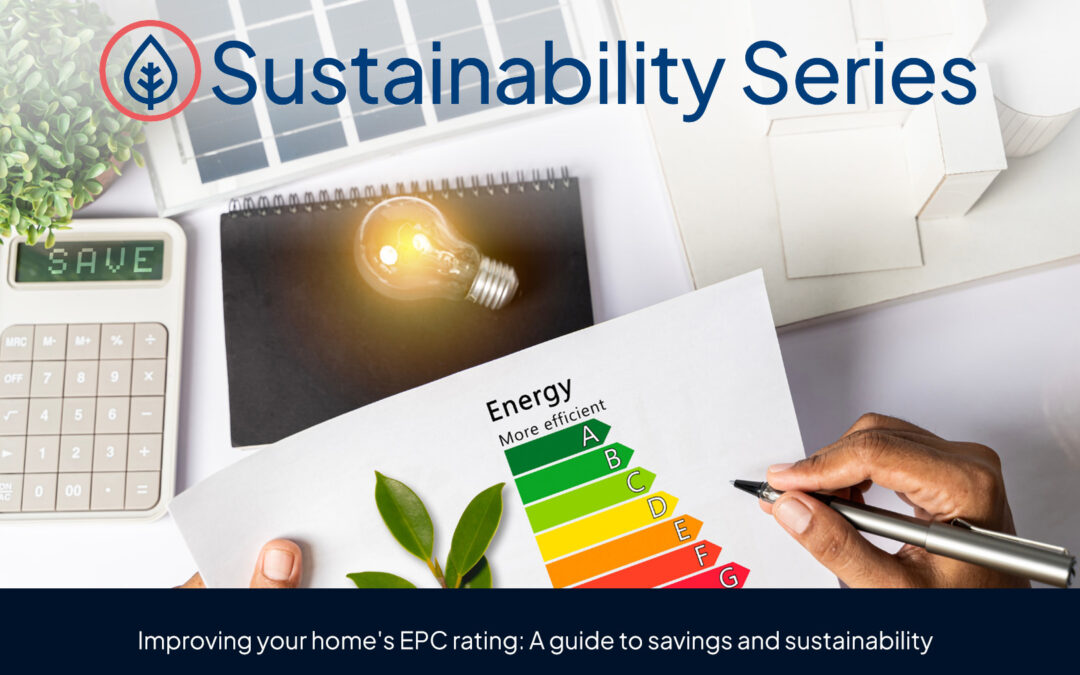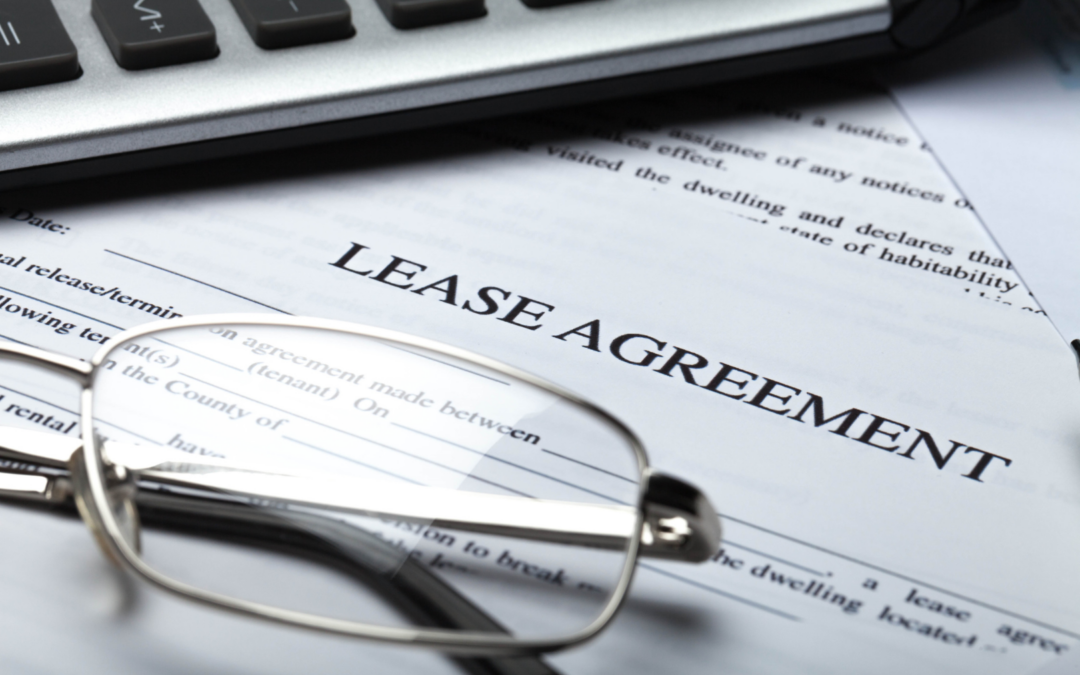Are you thinking about moving your business? OnTheMarket reveals 10 factors to consider when buying commercial property.
Buying commercial property can be a sensible option for those who run a small or medium-sized business. In fact, at a time when other types of property investment, such as the buy-to-let sector, are looking less attractive than a few years ago, it could be a shrewd move.
“The commercial property market is a landlord and investor-friendly environment with long leases of between 10 and 20 years commonplace,” says Richard Merryweather, joint Head of UK Investment at Savills.
Yet the commercial sector, like the residential sector, is not without its risks. “Commercial property typically provides a higher yield than residential within a similar area,” explains Tom Grounds, Research Partner at Knight Frank. “In 2013, 2014 and 2015, the commercial property market provided double-digit returns. But those results were well above long-term trends. So investors in commercial property should be wary of chasing unrealistically high returns.”
Here are 10 factors to consider, if you’re thinking about buying a commercial property:
1. Choose the location carefully
Pay as much attention to the location of your commercial premises as you would when buying your own home. Will you be holding regular meetings with clients on the premises? Will you be employing a substantial number of staff who will require a large premises? In either case, a town centre location would probably be desirable. Conversely, if you are mainly dealing with clients remotely, an out-of-town location might be a more cost-effective option.
2. Take advantage of the current low interest rates
Although interest rates will not stay at their present level indefinitely – they are still competitive enough to make a mortgage an attractive option. You will be able to re-mortgage your property to raise additional capital which will be cheaper than a business loan. And remember, if you do decide to invest, there is another major benefit: you can deduct the tax from interest payments on commercial mortgages.
3. Think with your head, not your heart
In the short-term the costs of buying a commercial property, particularly with a mortgage, would almost certainly exceed the cost of renting the same property. In the case of a start-up, that would introduce some added uncertainty. So only invest in commercial premises if your business is reasonably well-established with a solid growth potential. You may prefer to rent in the short-term, then consider investing in a commercial property later on.
4. Flexibility is key
Look for a property that is flexible. If all goes well, your business is likely to expand and change during the time that you own the property. So find a commercial premises that can be adapted to your business as it grows.
5. How much deposit will you require?
Don’t forget that, as with a residential property, you will need to put down a large deposit. Mortgage-lenders are likely to ask for a deposit of 20 per cent or more of the value of the property. Factor this into your calculations. Lenders may also ask to see a detailed long-term business plan. Prepare before approaching your mortgage lender.
6. Don’t skimp on the survey
Make sure that you have a full professional survey carried out before proceeding with the purchase. Don’t rely on the more basic survey that your mortgage-lender is likely to require. Whether it is a commercial premises or a private home, a survey is always a wise precaution.
7. Can you sub-let?
Retain the option of sub-letting part of your premises. This can be an excellent way of managing any cash-flow challenges, and retaining commercial flexibility. But you will need to make sure that your mortgage-lender permits sub-letting part of your premises. Similarly, read the lease carefully for any clauses that may restrict sub-letting.
8. Budget ahead
Remember to budget for the maintenance of the property. As the owner of commercial property, you will incur long-term upkeep and any ongoing costs – just as you would as the owner of a private home. Budget ahead to avoid any surprises later on down the line.
9. Think about parking
Don’t forget to take into account your likely parking requirements when buying a commercial property. If they are extensive, that could point to an out-of-town location. A staff car park is often a big advantage for those who prefer to travel to work by car.
10. Research the market
Take property price predictions into consideration. What are the long-term predictions for your area? Are there any planned infrastructure changes which will impact future property prices? But don’t take an over-optimistic view. A fall in the value of your commercial property would deplete your business capital, so be wary of over-extending yourself. Time spent on research is never time wasted.
Buying a commercial property is no more risk-free than buying a private home. But if you prepare the ground carefully, and avoid basic mistakes, you should be well placed to make a sound investment and place your business on a secure long-term footing.






